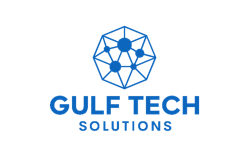Menu

We believe in the power of automation to enhance and improve people’s lives.
Contact Information
| Phone Number: | +971 55 1903251 |
|---|---|
| info@gulf-techs.com | |
| Address | Meydan Free Zone, Meydan Hotel Business Center. P.O Box 35195 Dubai, Untied Arab Emirates |

